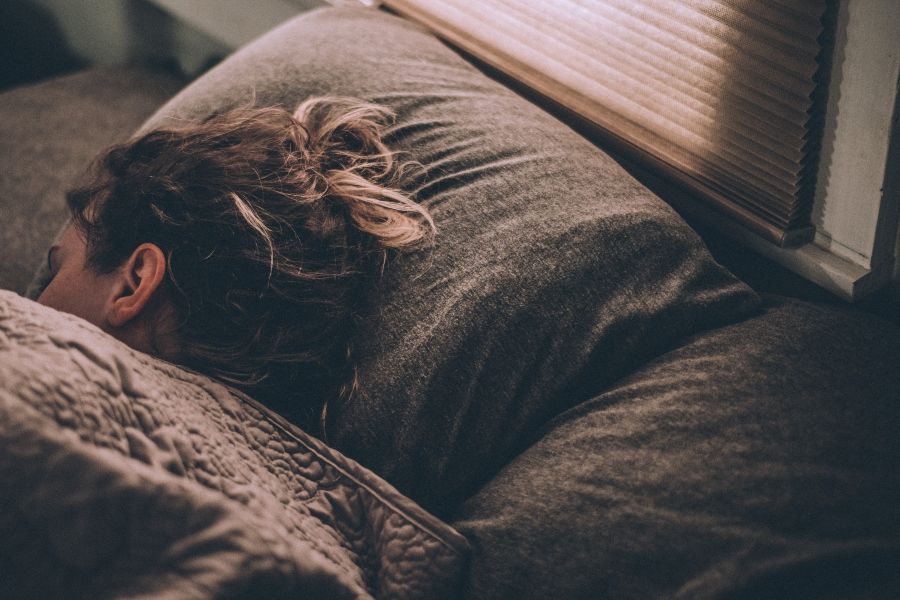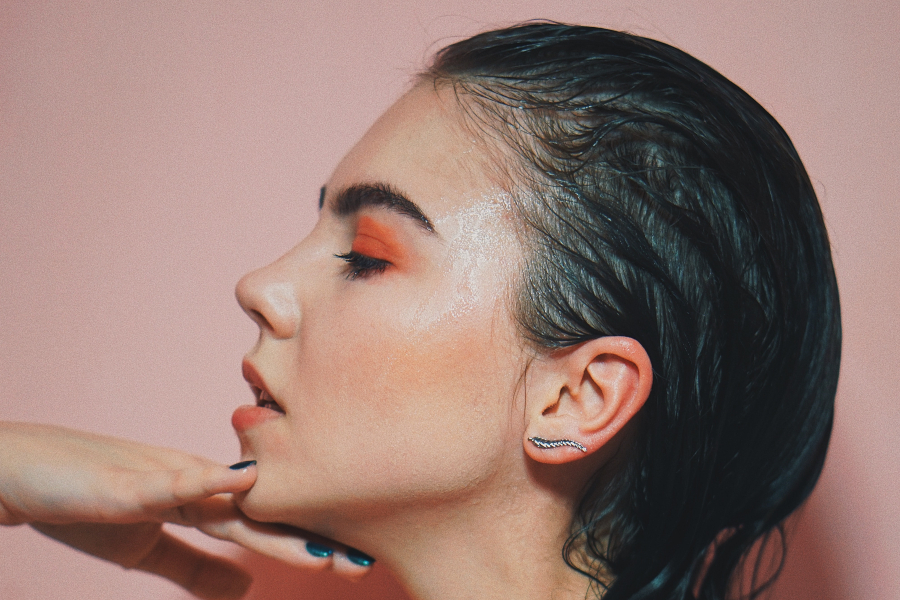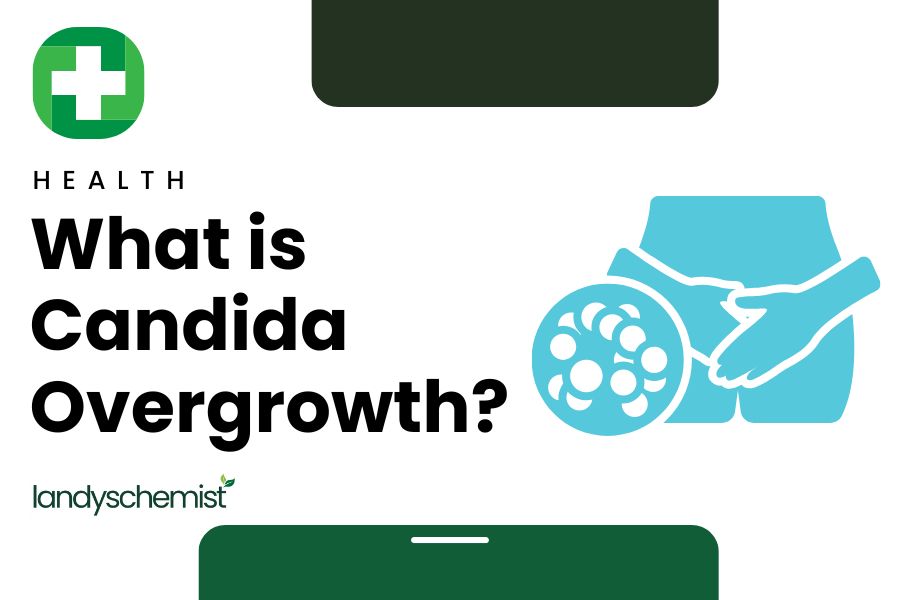
Sleep Hygiene: How To Get Better Sleep
By Panasha Desai, Pharmacist
Sleep is fundamental to a healthy, balanced life. We see the impact of good and bad sleep in our bodies and minds, across physicality, mood, appetite and so much more. Yet, we in the Western world consistently undervalue sleep.
As Matthew Walker, Professor of Neuroscience and Psychology at Berkeley and Founder and Director of the Center for Human Sleep Science, says in his international bestseller Why We Sleep: “There is not one process in the human body, (that we're aware of) that isn't improved by sleep”.
If you want to get better sleep, get to sleep quicker and feel more refreshed when you wake then you need to be looking at your sleep hygiene. There are a number of factors that affect our ability to sleep, and sleep well. By looking at each of these factors, and the expertise of sleep scientists and psychologists, you can improve your sleep, and your life.
What Is Sleep Hygiene?
Sleep hygiene refers to the routines and environment through which you sleep. Having good sleep hygiene leads to disruption free, restorative and easy sleep. Bad sleep hygiene will cause difficulties falling asleep, issues with staying asleep and other post-sleep consequences – which range from an inability to concentrate and mood swings, to the development of diseases and sleep disorders.
In general, what constitutes good sleep hygiene will be beneficial for everyone. The caveat is that the application of some of the factors that make up sleep hygiene will be tailored to the individual, since we all have unique biology.
Sleep Myths
Before we look at the best ways to improve your sleep hygiene, it is important that we bust some of the common sleep myths out there. Sleep is an area that is rarely highlighted as important when it comes to health, which means that for decades, we have accepted false ideas about healthy sleep.
FALSE: We Don't Need 8 Hours Of Sleep
Adult humans need 8 hours of sleep every night – teenagers, children and babies need even more. CEOs and business entrepreneurs regularly spout that having 5 or 6 hours is plenty for them to function well but the science doesn't back this up. Those who have less than 8 hours of sleep may feel like they have adjusted to this amount of sleep, however their bodies have not. Underslept simply feels like their normal and that can be detrimental to health.
TRUE: You Can Be A Morning Person Or A Night Owl
Some people claim to be morning people, annoying those who struggle to open their eyes let alone be chipper in the early hours. While those who say they can't fall asleep into the early hours of the morning aren't always believed, even though they only wake up nearer to midday. You might be surprised to learn that biology, and human history, actually support both these claims.
Your internal body clock, scientifically known as your circadian rhythm, is tailored to you. For some people this means their body clock is aligned for sleep at 1–2am and will wake them at 9–10am. For others, it'll make them sleepy at 9–10pm and wake them up around 5–6am. And there are people in between all those times. If your natural circadian rhythm says sleep at 12 and wake at 9, no matter how hard you try to get to sleep at 10 and wake at 6, you won't fall asleep easily or get good quality sleep, and you will certainly feel groggy until your circadian rhythm's wake up time of 9am. The best thing you can do is listen to your body and follow its rhythms.
It is believed that humans evolved this way so that not all the people in a group would be asleep at the same time in the night. With some people sleeping early and some late, there was almost always someone awake to warn about danger, and only a small window when everyone was asleep.
False: You Can Catch Up On Sleep With A Lie In
Sadly, it is not possible to catch up on sleep. Trying to sleep only 6 hours in the working week then 9–10 hours on the weekend won't have the positive impact on your mind and body that you want it to have. Natural, quality sleep can only be attained with a full night of sleep, going forward.
What you can do, if you have underslept, is ensure you are getting proper sleep going forward, and napping when you are tired during the day. Post-lunch and early afternoon naps of between 10 and 20 mins will tremendously improve your ability to concentrate and feel refreshed.
Sleep Hygiene Techniques
Now that we've addressed some common myths, we'll look at the best techniques for improving your sleep hygiene. Following these will help you to get to sleep quicker and easier, allow you to sleep uninterrupted, and will leave you feeling energetic and refreshed all day long (or into the night, if you're a night owl).
Sleep In Time With YOUR Circadian Rhythm
The best way to ensure you get the best sleep and can fall asleep easily is to sleep in time with your circadian rhythm. To do this you may need to first record a sleep journal to figure out when you typically get tired, how refreshed you feel when you wake up and, when awake, what time you feel most awake. You'll also need to follow the other sleep hygiene techniques which impact when you feel sleepy.
Give Yourself Enough Of A Sleep Opportunity Window
How often do you lie in bed and fall asleep immediately? Some people are lucky enough to be able to do this, but many people struggle to get to sleep for minutes or even hours. If your time in bed – your sleep opportunity window – is only 8 hours and you don't get to sleep for an hour, you only get 7 hours of sleep.
You need to build wind-down time into your sleep routine. Good sleep hygiene makes room for relaxing and preparing for bed, with minimal stimulants, so that you can drift to sleep and get a full 8 hours. Aim for at least an hour to do this, so have a sleep opportunity window of 9 hours. You may need more or less depending on how quickly you are able to get to sleep.
Get Out In Daylight In The Morning
Sunlight is the natural signal to your body that it is day. In the morning or the first few hours when you are awake, being out in sunlight will help your body to wake up, shucking off that groggy feeling. If you aren't able to get out in the day, or have limited opportunities, try to get out in the morning rather than the afternoon.
Exercise In The Morning Or Early Afternoon, Not Evening
Exercise is great for maintaining a healthy body and mind, so if you want to maximise its benefits with sleep then you should exercise in the morning or early afternoon. This is the best time as it helps wake you up, reduces blood pressure and gives you an endorphin boost.
The injection of wake up hormones and feelings is also why you should avoid exercising at the end of the day, especially vigorous exercise, as it will hamper your ability to get to sleep and get good quality sleep – adrenaline is the opposite of a sleep aid!
Control Light Sources Before & When In Bed
To facilitate good sleep hygiene, you need to be aware of the light sources around you as you approach sleep. Before humans invented electric lights, we would be eased into sleep by the waning light of day. Now, with so many bright light sources at a click of a switch, we can be bathed in so much light that our bodies think the day is continuing on and on. This isn't good for sleep.
For good sleep hygiene, aim to block out any external light sources using thick or blackout curtains. If you can't then an eye mask can be helpful for controlling the amount of light getting to you. You should also control the light sources around you in the following ways.
Dim Lights As Evening Approaches
Use small and dimmer lighting as you approach bed time. Use lamps or dimmer switches to reduce the intensity of lights around you as the evening comes, the sun sets, and onwards until you are able to go to bed. The gradual reduction will mimic what the sun would naturally do.
Avoid Blue Light From Phones, TVs, E-Readers and Computers
Light from the sun contains a spectrum of light, with only one part being blue light. Just as indoor lighting can trick your body into thinking it's day, blue light from computers, phones, computers and e-readers do the same. In fact, blue light is the worst for good sleep. It suppresses melatonin, tricks your eyes into thinking it's still day, and so prolongs the time it takes for you to fall asleep.
As with the sleep opportunity window, you should also limit or remove any blue light sources in the hours before you prepare for sleep. This will be more of an adjustment for some than others, and many of us in the modern, Western world, are always on one device or another. But switching these off will fundamentally improve your ability to switch on sleep.
Sleep In A Cool Room
Warm rooms are comforting, especially when we are awake, but they don't help us fall asleep. When humans lived outdoors, the cooling of the day was another signal, like the waning light, that the time for sleep was approaching. Good sleep hygiene requires a cool room for sleeping. Between 15 and 19 degrees Celsius is ideal for comfortable sleep, allowing for duvet and sleep clothing layers.
Avoid Drugs Like Alcohol, Caffeine & Nicotine
All these legal drugs have a negative impact on sleep. In an ideal scenario for the best sleep hygiene, you would not consume any of these, at all.
Alcohol Disrupts Sleep
Having alcohol in your system is a surefire way of preventing yourself from sleeping well. While alcohol might allow you to become unconscious, this is not the same as getting natural sleep. Your body does not carry out the same processes when unconscious from alcohol so you don't get the actual benefits of sleep that you need.
It takes hours for your body to metabolise alcohol and having any alcohol in your system will impact your ability to sleep well. If you are going to consume alcohol and don't want it to affect your sleep then ensure you are drinking well before your sleep time.
Caffeine Prevents Sleep
Although you'll feel the effects of caffeine within the first 45mins of consumption, it remains in your system, affecting your body and mind, for up to 10 hours. That is enough to stop you from easily getting to sleep and from sleeping well.
For good sleep hygiene, you should avoid drinking caffeine. If you do drink caffeine, ensure you are consuming it at least 10 hours before you plan to get to sleep. Be aware that even decaffeinated drinks, such as coffee and tea, are not completely free from caffeine and will have an impact on your sleep.
Nicotine Stops Sleep
There is a huge number of harmful effects of nicotine, including fertility issues and cancers. Sleep is also strongly impacted by nicotine. Though a short-acting stimulant, nicotine will keep you awake and should be avoided before bed, as well as during the night if you wake up.
What To Do If You Have Trouble Getting To Sleep
The above are all ways to improve your sleep hygiene and allow for good quality sleep. However, as life is sometimes stressful and issues can arise that prevent sleep, here are a few additional tips to help you fall asleep more easily:
- Read a book in another room – Light stimulus, outside of bed will help you maintain a sleep routine while avoiding lying awake in bed. When the feeling of tiredness arrives , go to bed and you should fall asleep soon.
- Do stretches or light exercise – If you find it hard to fall asleep then doing some mild yoga or stretching before bed will help. These simple processes will relax your body and mind, allowing sleep to come easier.
- Record a sleep diary – You may be following all the good sleep hygiene rules while working against your own body clock or underestimating the impact of a choice, like tea before bed or an evening run, on your ability to sleep. A sleep diary will show you correlation.
If You're In A New Time Zone, You'll Need Time To Adjust
As a bonus note, when travelling to a new time zone, you will find it impossible (or at least very difficult) to sleep at your usual times. You need to account for 1 sleep for each hour of time change. So, say you travel to a time zone that is 6 hours ahead or behind, it will take 6 sleeps to get your body clock adjusted to that time zone.
What To Do If You Still Aren't Able To Sleep (Well)
If you are following all the sleep hygiene rules and are still unable to sleep well, then you may have a sleep disorder. There are a number of sleep disorders and you will need to speak to your GP or a sleep clinic to know if you have one. Many people self diagnose with insomnia, but this isn't always the case. There may be another cause that leads to lack of sleep or it may be down to poor sleep hygiene.
Speaking to a medical professional is the best way to identify why you aren't able to get to sleep or get restful sleep, and they will be able to offer solutions according to your circumstances.
Disclaimer
The products offered are not intended to diagnose, treat, cure, or prevent any illness or disease, or to replace the advice of a medical professional. Results are not guaranteed and may vary from individual to individual.




